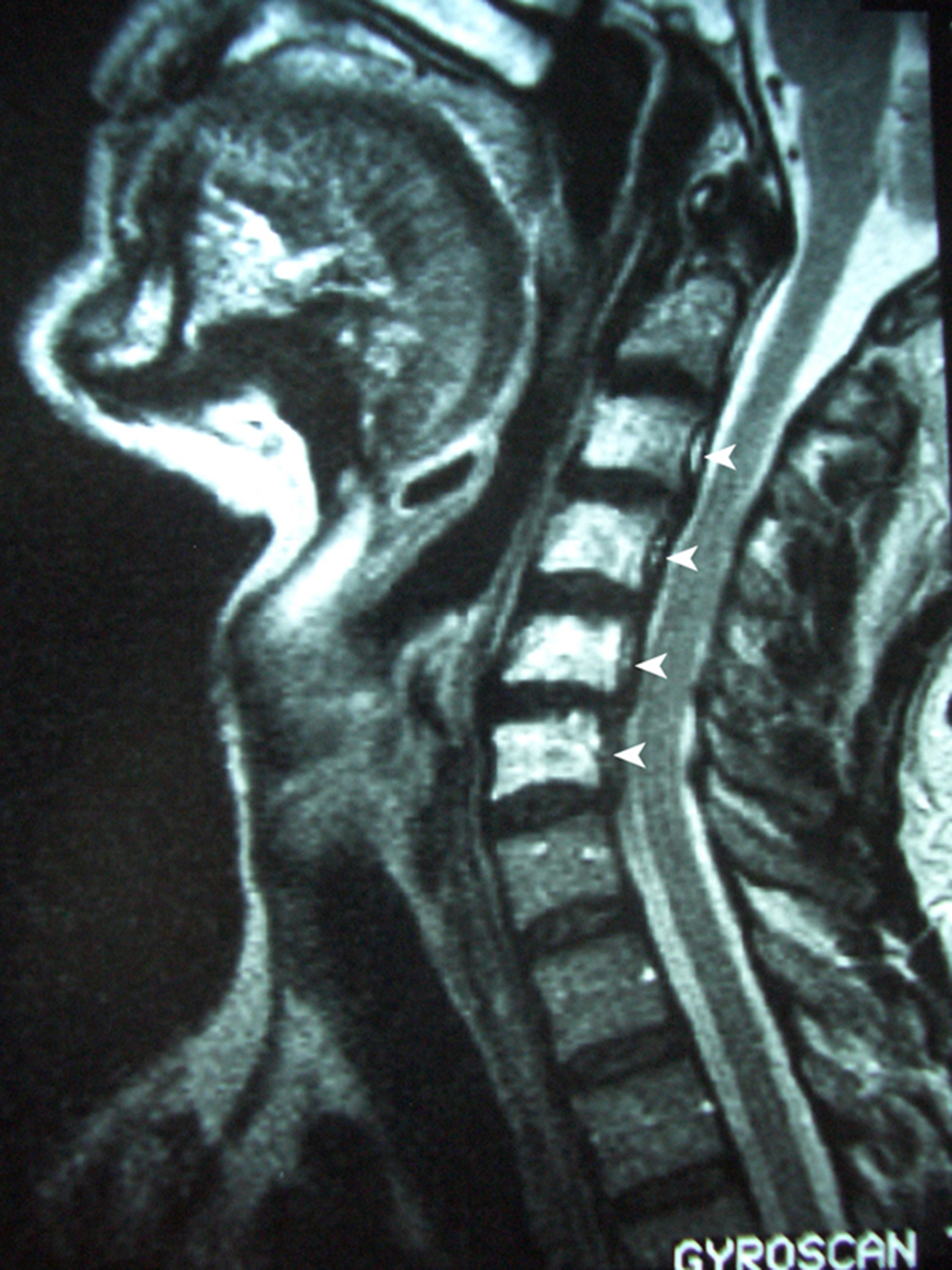
Quadriplegia
Quadriplegia is paralysis of all extremities, both legs and arms. It is most commonly caused by injuries of cervical spine, to be more specific the level below C4 vertebra. Namely, in case that upper cervical vertebra are affected and damaged this leads to the injury of the spine and the person dies since in this way the injury affects brain stem which is in charge with numerous functions including breathing and heart function. This is why people with injuries of the spine above the level of C4 vertebra require the assistance of mechanical ventilation. Incomplete quadriplegia may occur if the injury of the spine occurs at the level of C5, C6 and C7 vertebra.
Causes of Quadriplegia
As it has already been mentioned trauma and injury of cervical spine are leading causes of quadriplegia. The person cannot move any of the extremities, he/she is bed ridden and the function of the bladder and of the large intestines are also affected. The person also loses all the sensations in all four extremities. Bed ridden people are additionally prone to other illnesses such as bed sores or frequent pneumonia. In majority of cases, the damage of the spine is permanent therefore the outcome is poor.
Most of the people become quadriplegic due to car accidents. Broken neck is what promptly leads to quadriplegia. However, in some cases in which the spinal cord is only swollen there is a chance of the recovery. The recovery basically depends on the degree of the damage. Additionally, gun shot trauma of the cervical part of the neck can also lead to quadriplegia.
Apart from the trauma some diseases are also potential causes of this type of paralysis. They include transverse myelitis, polio and spina bifida.
Quadriplegia can also occur in people whose cervical vertebra has been affected by the primary or secondary bone tumors. The tumor can induce lysis of the vertebra which will eventually break and compress the spine. Additionally, spine tumors can lead to quadriplegia. They may be benign or malign but the outcome is either damage of the spine or its compression and consequent edema. Both of these may result in quadriplegia.
Even people who are suffering from osteoporosis can in rather rare cases end up quadriplegic.
The patients who are suffering from quadriplegia need special attention and care during the whole day and at night. In those whose spinal cord is only swollen and not damaged to full extent the recovery is possible. On the other hand, people whose spinal cord has suffered extensive damage there is no turning back. They will stay bed ridden for the rest of their lives.


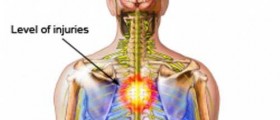
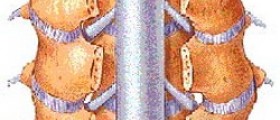
-Causes,-Symptoms,-Diagnosis,-Treatment_f_280x120.jpg)
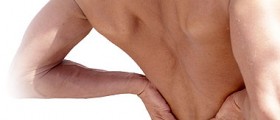
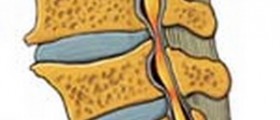

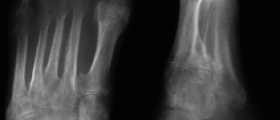
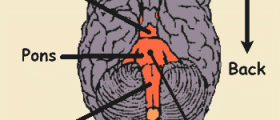

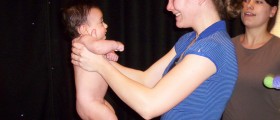

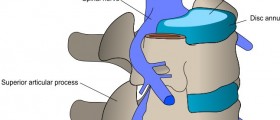
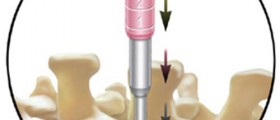
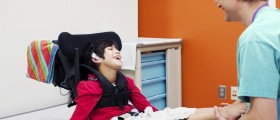

Your thoughts on this
Loading...